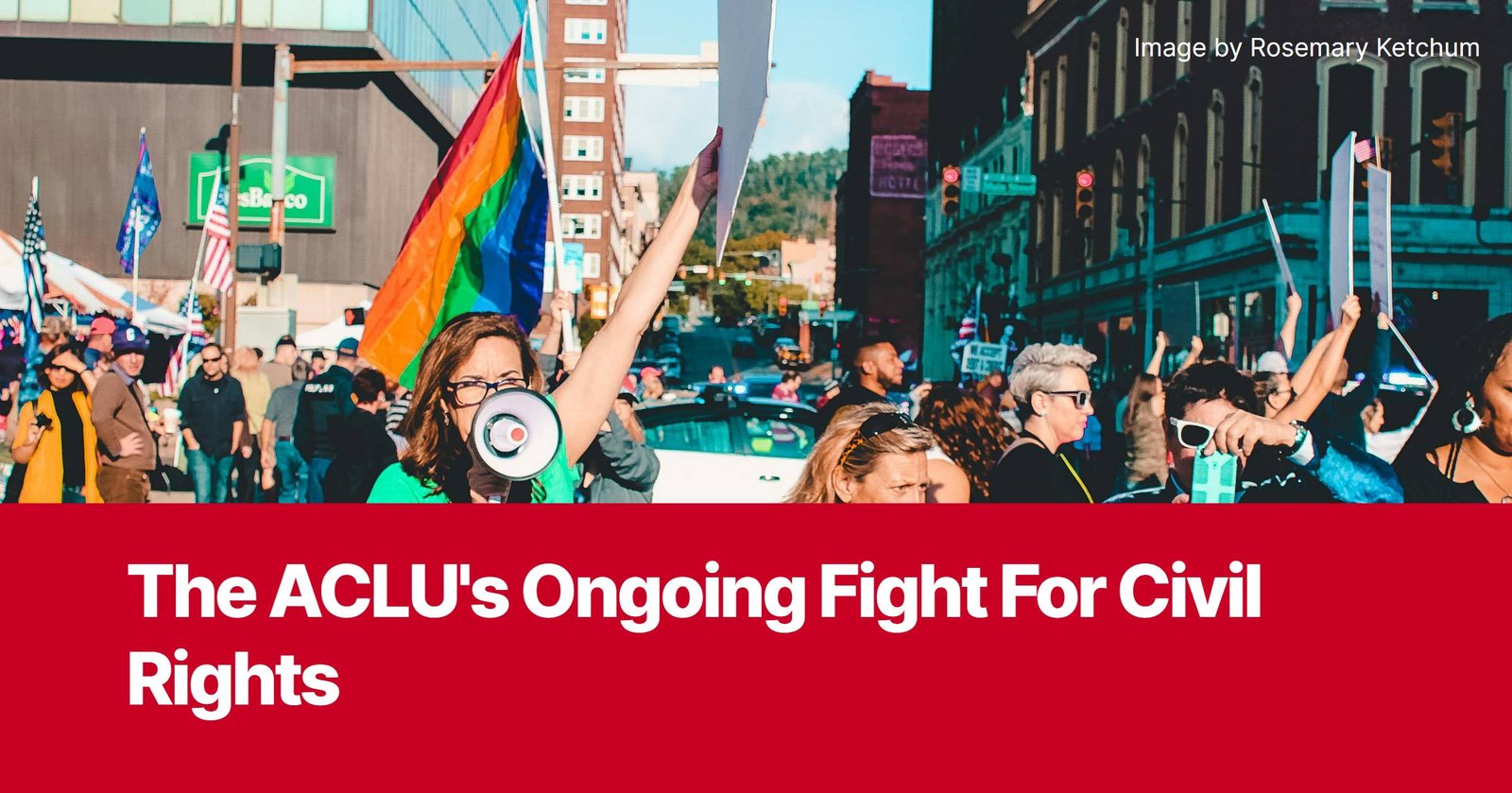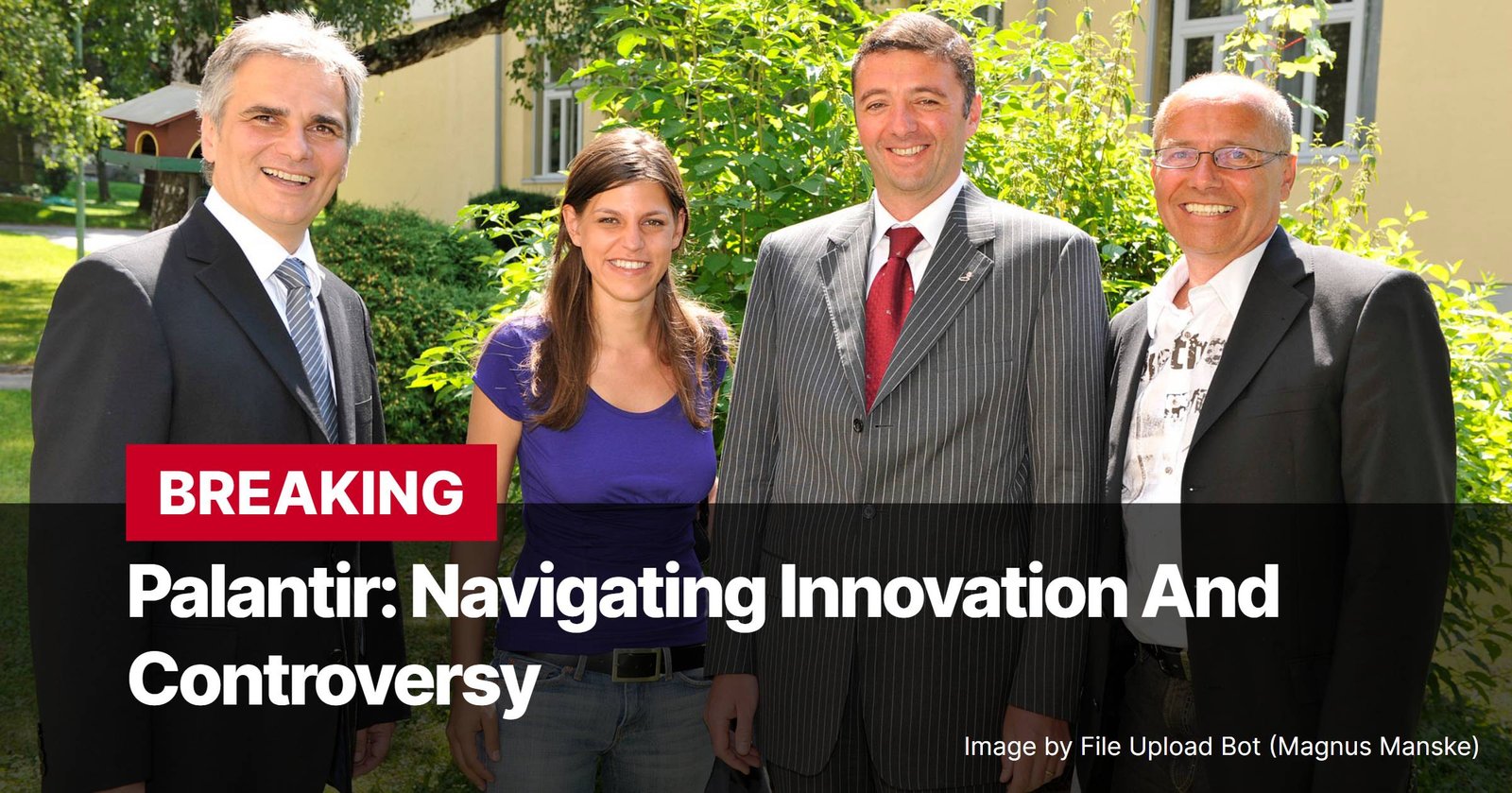The American Civil Liberties Union (ACLU), a non-profit organization dedicated to defending civil rights and liberties in the United States, has been at the forefront of legal battles for over a century. From its origins in 1920, fighting for free speech during wartime, to its modern-day challenges against government surveillance and discriminatory policies, the ACLU’s work has shaped the interpretation of constitutional rights and impacted countless lives. Recent events have brought renewed attention to the organization, raising questions about its evolving priorities and its role in an increasingly polarized political landscape.

The ACLU’s mission, as stated on its website, is to “realize this promise of the United States Constitution for all and expand the reach of its guarantees.” This broad mandate encompasses a wide range of issues, from reproductive freedom and voting rights to racial justice and LGBTQ+ equality. The organization’s commitment to defending even the most unpopular viewpoints has often placed it in the midst of heated public debates, sparking both praise and criticism.
A recent lawsuit filed against the ACLU by a former employee has fueled ongoing discussions about the organization’s internal workings and its commitment to free speech principles. The lawsuit alleges that the employee was unfairly dismissed for criticizing their superiors, raising concerns about the organization’s handling of internal dissent and its prioritization of identity politics over free speech. This controversy reflects broader criticisms leveled against the ACLU in recent years, with some arguing that the organization has shifted its focus from defending unpopular speech to promoting progressive political agendas. A leaked internal memo from 2018, which advised staff to consider the potential harm of certain speech when deciding which cases to take, further contributed to these concerns.
However, the ACLU has defended its record on free speech, citing numerous cases where it has represented individuals and groups holding unpopular or even repugnant views. These cases span a wide range of issues, including challenges to hate speech restrictions on college campuses, defense of a Catholic school’s discriminatory hiring practices, and representation of antisemitic protesters. The organization maintains that its commitment to defending free speech remains unwavering, even when the speech in question is offensive or harmful.
The ACLU’s recent efforts to challenge government policies, particularly in the wake of the 2016 presidential election and subsequent events, have garnered significant public attention and financial support. The organization’s swift legal response to the travel ban, for example, resulted in a massive influx of donations and a surge in membership. This increased public profile and financial clout have allowed the ACLU to expand its advocacy efforts, engaging in public education campaigns and lobbying for policy changes on a larger scale.
The ACLU’s long and complex history reflects the evolution of civil liberties in the United States. From its early focus on free speech and labor rights to its contemporary work on issues like privacy, immigration, and racial justice, the organization has adapted to the changing political and social landscape. While its approach has evolved and broadened over time, the ACLU remains a powerful force in the ongoing struggle for civil rights and liberties. The current controversies surrounding the organization, while raising important questions about its internal practices and evolving priorities, also underscore the enduring importance of its mission in a society grappling with complex issues of free speech, equality, and justice.



















